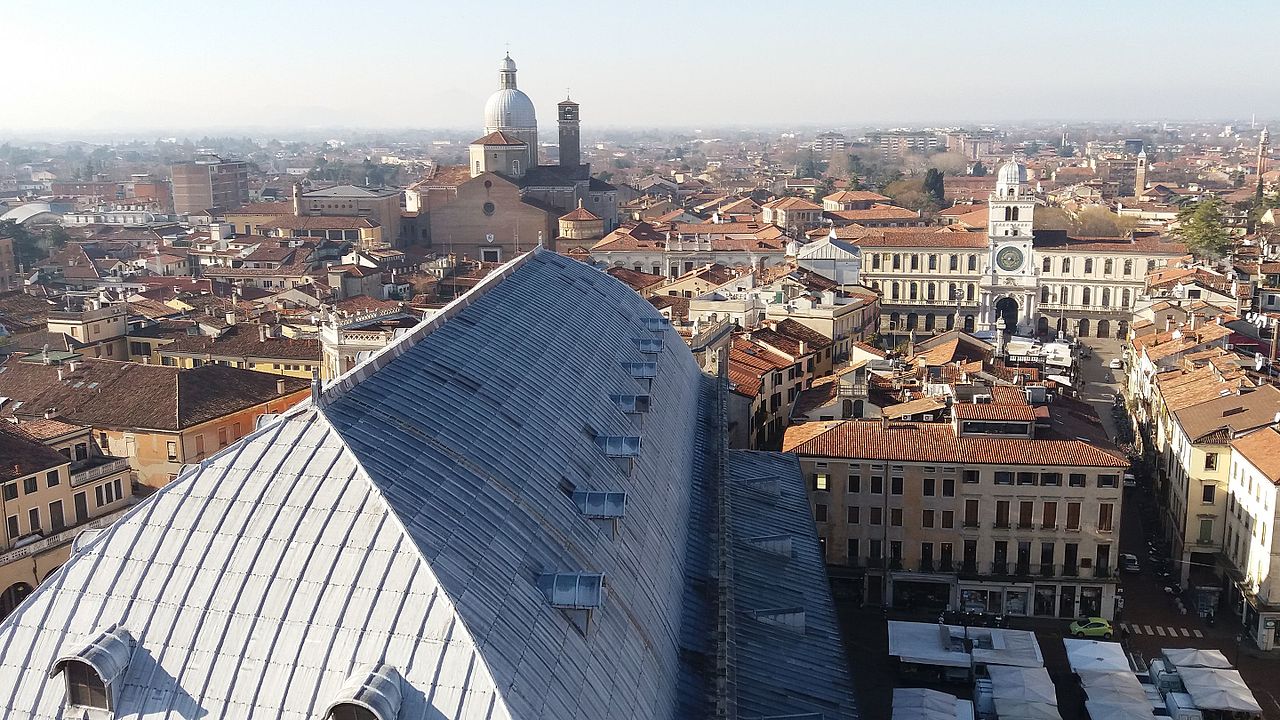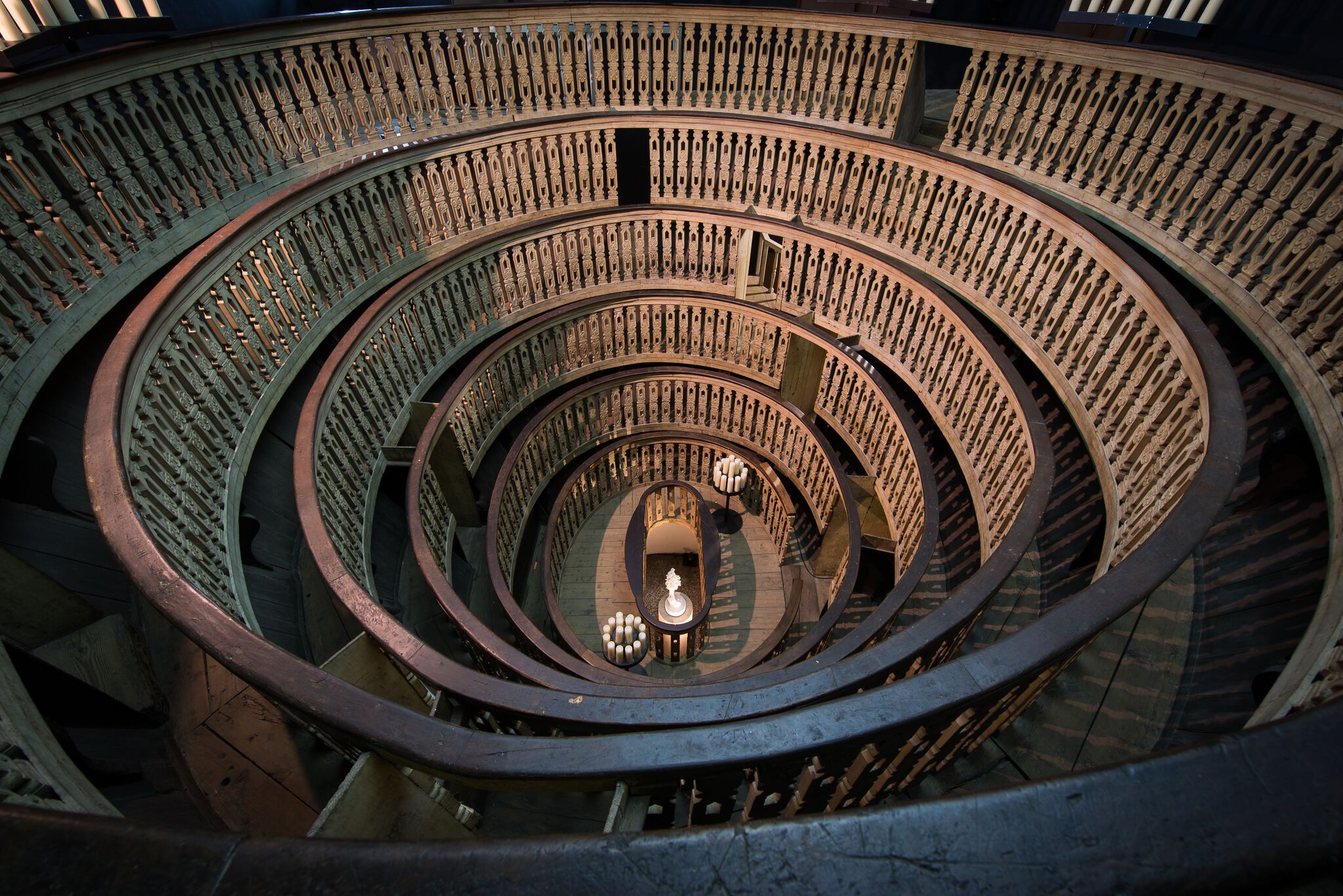Padua

Padua, capital of the province of the same name in Veneto.

According to the Virgilian Aeneid, the city was born at the hands of Antenore, a Trojan prince (Virgil, Aeneid, 1, 247 - 249), in the year 1185 BC, a tradition that makes Padua one of the oldest cities in the peninsula, and the oldest in Veneto. Although the foundation is legendary, archaeological data have confirmed the ancient origin of the city, which developed between the 13th and 11th centuries BC. and linked to the civilization of the ancient Venetians.

The city was one of the cultural capitals of the fourteenth century: the pictorial evidence of the fourteenth century - among them, Giotto's cycle in the Scrovegni Chapel - make it a crucial node in the development of Western art.
The fourteenth-century artistic splendor was one of the fruits of the great cultural fervor favored by the lordship of the Carraresi that made Padua one of the main centers of prehumanism. In Padua, between the fourteenth century and the fifteenth century, an imposing cultural current devoted to antiquity developed in conjunction with Florence that will turn into the Paduan Renaissance, and will influence the artistic team of the entire northern Italy of the fifteenth century.

Since 1222 it has been home to a prestigious university which ranks among the oldest in the world. Episcopal seat at the head of one of the largest and most ancient dioceses in Italy is universally known also as the city of the Saint, the name with which Saint Anthony is called in Padua, the famous Portuguese Franciscan, born in Lisbon in 1195, who lived in city ??for a few years and died there on 13 June 1231.
The remains of the saint are preserved in the Basilica of Sant'Antonio, an important pilgrimage destination of Christianity and one of the main monuments in the city. Antonio is one of the four patron saints of the city with Giustina, Prosdocimo and Daniele. The relics of St Luke, St Matthias and St Leopoldo MandiÄ ‡ are also venerated in Padua.
In 1829, Padua was the seat of the first Rabbinical Boarding School, an important institution of Italian Judaism.

The famous "pavana" dance form derives from Padua.
In 1524, a space entirely dedicated to theatrical performances, the Loggia Cornaro, was built in Padua for the first time after the classical age; while on February 25, 1545, a company of comedians was legally established with a notary deed, the first testimony in the world of a company of professional comedians, the symbolic birth of the Commedia dell'Arte.
The Taming of the Shrew, a comedy by William Shakespeare, is set in Padua.
Video: Padua
Map: Padua
Address: Via Porciglia, 35, 35121
(PD) Veneto
Latitude: 45.4068984
Longitude: 11.8755294
Site: http://padovacultura.padovanet...
vCard created by: BBCC
Currently owned by: BBCC
Type: City
Function: Public place
Creation date:
Last update: 09/08/2021
